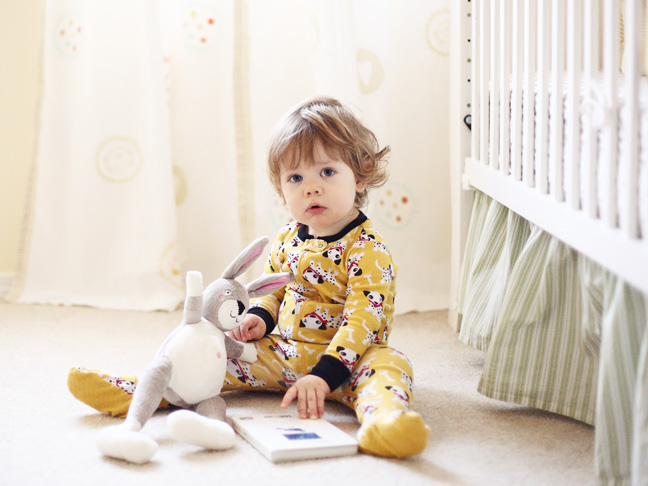The reasons why this is the case are unclear, however, it may be because “it’s more socially accepted when men are dishonest, but not women,” says Anya Samek, an assistant professor of economics at the University of Wisconsin-Madison and one of the paper’s authors.
The study reinforces other studies that consistently have found that women are more honest than men. Researchers speculate that this may be the result of the differences in the way girls and boys are socialized at an early age. For this experiment, 152 parents and their children, ages 3 to 6, were given a simple task to perform. Some parents were left completely alone for the experiment while others were allowed to have their child with them. Researchers specified to all of the parents that they would not observe the results.
Parents were asked to flip two coins, each with a blue and a green side, and to jot down the results. If both coins landed green side up, they would win a small prize, but any other outcome meant no prize. Probability of winning was 25 percent, but parents frequently reported a much higher winning rate — in some cases nearly 60 percent, which alerted researchers to the probability they were cheating. Most of the parents were more honest with the results when their child was in the room, but the biggest surprise was the gender effect.
When in the room with their daughters, they reported winning tosses 25 percent of the time, the percentage of probability if doing the task honestly. But left alone with their sons, they “won” more frequently and reported a 40 percent success rate.
Researchers are interested in trying the same experiment in other countries to learn if results are the same, or if they are influenced by culture.
Photo: Getty








